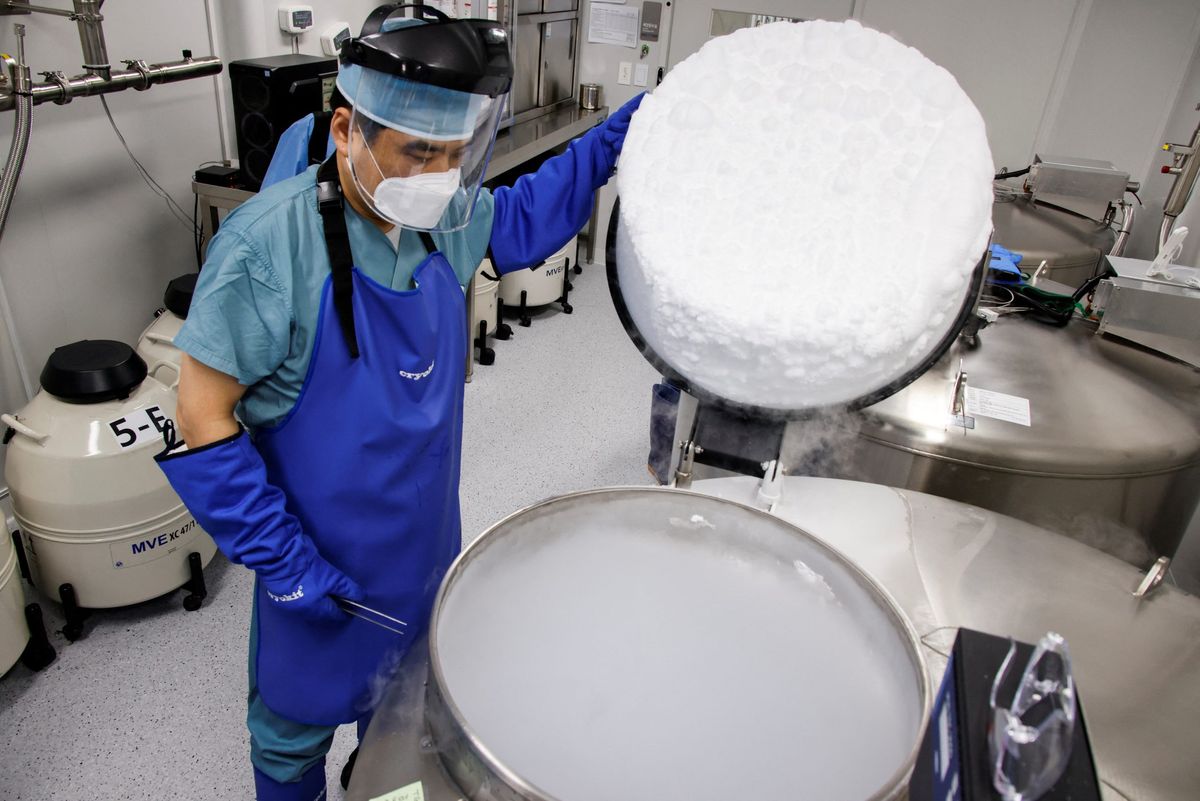What you need to know about the changing egg freezing laws in Singapore

A few minutes every morning is all you need.
Stay up to date on the world's Headlines and Human Stories. It's fun, it's factual, it's fluff-free.
Up until now, unlike many other Asian countries, Singapore has made it difficult for single women to freeze their eggs, allowing only women with medical conditions to go through the process. That’s changing next year, though.
Egg freezing allows women to extend their ability to get pregnant in the future by preserving fertility. But, this decision often comes with a hefty price tag. It’s also unclear how effective the process is at increasing birth rates.
Some doctors in the Asia-Pacific region report that only around 5-10% of women return to get their eggs fertilized. This may be because most countries in Asia require that eggs be fertilized by the woman’s legal spouse – a rule that also applies to foreigners in Malaysia and South Korea.
According to the White Paper on Singapore Women’s Development, the government will begin allowing single women aged 21 to 35 to freeze their eggs. But, it was clear to point out that it “encourages parenthood within marriage" and does not support “planned and deliberate parenthood by singles," calling the scenario a “lifestyle choice."
Only legally married couples will be able to use the frozen eggs for procreation. Some critics point out that, though the policy is a welcome improvement on women’s reproductive rights, it excludes women who wish to be single mothers and those within the LGBTQ+ community.
Key comments:
“We recognise that some women desire to preserve fertility because of their personal circumstances, for example, those who are not able to find a partner while they are younger, but wish to have the chance of conceiving if they marry later,” said Singaporean Prime Minister Lee Hsien Loong’s administration in a white paper released in March, and approved by Parliament on April 5.
“We’re disappointed that the state continues to employ narrow definitions of a family nucleus, that is a married father and mother, and their children,” said Shailey Hingorani, head of research and advocacy at The Association of Women for Action and Research (Aware), Singapore’s leading women rights group.
“Medical costs are five to 10 times cheaper here than in the US while accessibility to hospitals is also much better,” said Kim Chung-hoon, who worked in the US for two years and is now the director of M Fertility Clinic in Seoul. “And a handful of our clinics here are comparatively superior, or on the same level, as the top clinics anywhere else in the world in terms of the success rate of pregnancy.”




Comments ()